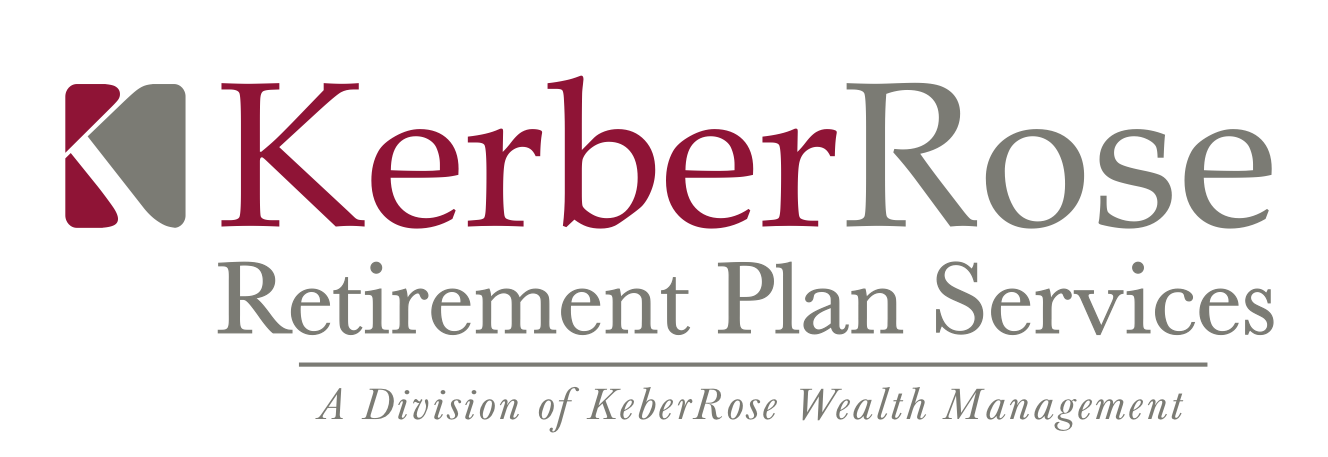Student Loan Contribution Programs: The New Way to Recruit and Retain Millennials in Today’s Workplace
As human resource managers begin working on updating their benefits package, it’s important to remember that millennials are quitting their jobs faster than employers can hire them1 - which is especially problematic considering millennials now make up 50 percent of the workforce 2.
The reasons for resignations vary widely, but one retention solution may be to consider offering a student loan contribution program. In 1999, the amount of outstanding student loan debt was approximately $90 billion. In 2019, that amount that has grown to nearly $1.6 trillion – held mainly by millennials. It’s fair to say that this population is desperately looking for some relief from this heavy debt burden – which offers a unique opportunity for employers to recruit and retain millennial talent.
A recent survey by Laurel Road found that millennials who were offered a student loan contribution program in their benefits package stayed at companies five years longer than those who were not. Some surveys even concluded that a student loan contribution program can be more desirable than vacation days3.
A byproduct of the student debt problem is that millennials may not be saving enough for retirement. A recent study from Boston College’s Center for Retirement Research, found that college graduates with student debt, accumulate 50 percent less retirement wealth in their retirement plan by age 30 than those without4.
Many employees believe they must choose between paying off their loans and saving for retirement; however, a student loan repayment program allows employees to make considerable contributions to both their debt and retirement savings accounts.
Student loan contribution programs are offered at little to no cost by different providers, are fully tailored to most benefit programs and most importantly, may offer a solution to the student loan debt crisis. A majority of these innovative plans are set up in three unique ways:
1. Refinancing Resources, which offer financial wellness tools as well as access to third-party loan refinancing.
2. Loan Contribution Programs offer employer monthly contributions to employee student loans in addition to refinancing resources.
3. Match Contributions, where employers make a retirement plan match when employees make a tuition loan payment. Again, refinancing resources are included.
These programs vary in shape and size, allowing companies to integrate this benefit with little interruption to company operations. The more competitive programs will offer refinancing, allowing workers to make smaller payments at less of an interest rate, with little to no cost to the employer. At its core, this program increases employee retention by reducing the financial strain brought on by student loans.
Consider implementing a student loan contribution program into your benefits strategy. You may find that your ability to recruit and retain millennial talent increases immensely!
1. https://www.inc.com/robbie-abed/more-people-are-quitting-their-jobs-than-ever-before-heres-why.html
2. https://www.inc.com/peter-economy/the-millennial-workplace-of-future-is-almost-here-these-3-things-are-about-to-change-big-time.html
3. https://www.integrity-data.com/3-reasons-a-student-loan-repayment-benefit-is-a-good-choice-for-employers/
4. https://crr.bc.edu/briefs/do-young-adults-with-student-debt-save-less-for-retirement/
